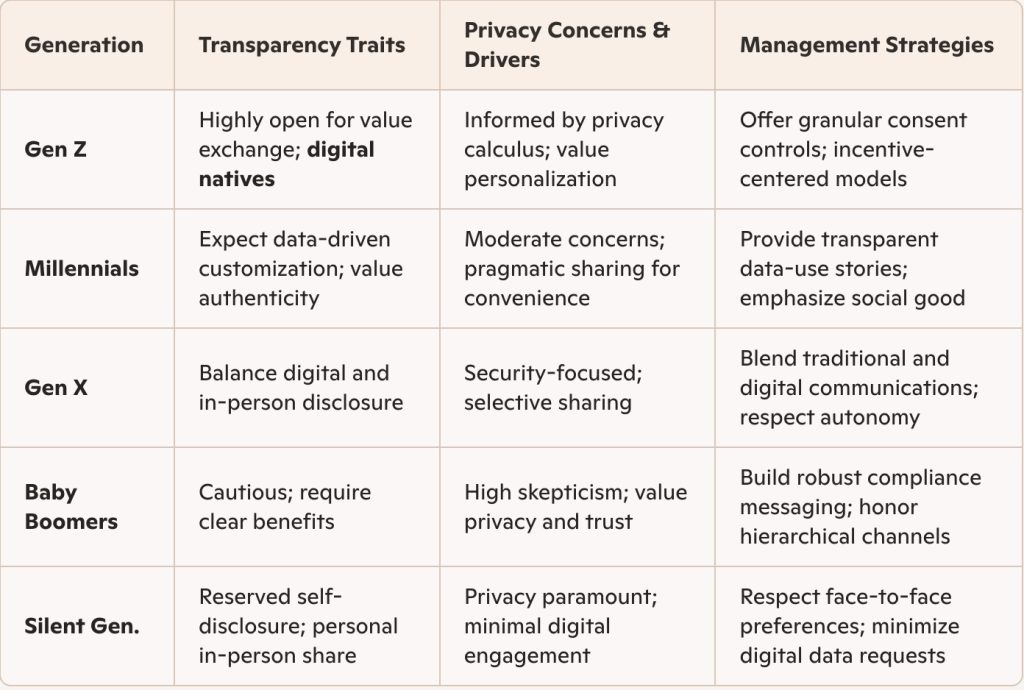“I need to get something out of my car, and then I’ll be ready,” was the statement from Nick when I rolled down the window to see what my Rideshare client wanted to say before he opened the door. “No problem,” I replied. “I’ll pull over to your car.” The 28-minute drive to the airport reminded me how different a certain generation is with their personal information, creating a Story Finder moment.
We exchanged the normal greetings, and I asked my standard question for most riders going to Nashville International Airport: “Going anywhere fun or memorable?” The answer was neither. He spent the next 30 seconds explaining where he was flying and why he had to go. He quickly apologized for having to stop our conversation and make a phone call. I know people are being nice, but I’m fascinated when someone feels sorry for making a phone call from the backseat. Simply say, “Excuse me, but….” Apologies aren’t necessary, but I understand. My response to the sorrow is, “It’s your ride. You can do whatever you want,” and then I smile in the rearview mirror.
I turned up the radio a few clicks so it would appear I wasn’t listening to him. Anyone conscious can hear words and emotions in a five-seat automobile. His next few statements to the financial institution reminded me of our obvious generational differences. He revealed his address, the last four digits of his Social Security number, and his date of birth over the phone. My quick math skills calculated he was 26 years old, near the upper end of Generation Z. By the way, the next generation is known as Generation Alpha. I had to look it up.

Can this information wait?
Why would he announce those personal facts in the presence of a stranger? Could it wait until he got to the airport so he could walk and talk where no one would hear the exchange of personal information? Did he trust his driver not to remember or reveal his information? He should have, because I forgot the birthdate and other identifying numbers, because I didn’t want to remember. It felt violating. Editor’s note: I’m using a pseudonym and altered age of this client.
It didn’t stop with the financial institution. The next call was an exchange with a company continuing to charge him after he supposedly cancelled the service. No biggie. We’ve all been there. However, the merry-go-round of his being transferred to other departments on this call and announcing more identifying personal information made me think about generational differences.
The digital-first generation doesn’t know a world without smartphones, social media, or instant verification. If Nick had finished his problem-solving calls before we reached BNA, I would have asked him why he was transparent with his personal information. Perhaps his response would’ve been, “Personal data is natural currency.” Okay, he wouldn’t have said that, but he’s much less reluctant to openly share that information because he grew up in a time when exchanging personal data created value. Instantly.
“We smell hidden agendas.” (hypothetical Nick)
If we had enough time, Nick might have said he’s comfortable sharing his life on social media, so why would he think twice about his driver knowing he has a problem with his credit card? “Oh, and one more thing,” Nick might have said if we had time to talk. “We’ll gladly be transparent with our information if it provides clarity and convenience. But don’t try to lead us to another conclusion or destination. We smell hidden agendas.”
I wish the story had played out that way, but he was trying to get his money refunded, and we smiled and waved to one another as he got out of the car. If the hypothetical scene were to happen, I would script it with the next three riders being a Millennial, a Gen Xer, and a Baby Boomer. Those rides would include me recapping the Gen Z ride and getting their reactions to sharing personal information in a Rideshare setting.

Cross-Generational or Cross-Functional?
Tables like the one above are a synthesis of research studies from Pew, Deloitte, Gallup, Harvard, and McKinsey on generational differences and management strategies. I’m sure your HR department has shared information like this with managers. Every generation has managed new generations and updated the corporate culture.
However, Gen Z and soon Gen Alpha have accelerated the cross-generational and cross-functional adaptation at a faster pace than previous generations, according to this modern-day manager and human observationist.
I could share strategies for enhancing cross-generational collaboration in the workplace. You know, terms like 1) Foster Mutual Mentorship, 2) Establish Inclusive Communication Norms, and 3) Align on Shared Goals and Values. Those are good. You would conclude, “Hey, that sounds like AI,” and you would be right.
Listening to the latest from your HR leaders and reading management books is helpful and educational. My copy of Rethinking Work by Rishad Tobaccowala arrived this evening. I’m eager to learn how this will enlighten my understanding and improve the implementation of Fractional Management for my clients.
However, I don’t reference books or HR documents during Rideshare management. Practical, in-the-moment strategies are used like 1) Read the Room and know what generation is getting in the car, 2) Understand it’s the rider’s ride, not yours, 3) Turn up the radio in an attempt to give them privacy, and maybe the most important, 4) Smile and wave as they walk away. The common acknowledgement of our fellow workers is often overlooked because we assume the cycle will continue tomorrow.
Nick, thanks for being transparent during your ride and providing this Story Finder moment. I hope you have resolved the auto-debit issue with the bank and that the mismanaged company has refunded your money.

Ron Harrell
As the Principal Story Finder of Harrell Media Group, I offer Brand, Talent, and Management coaching. I’m available for public speaking engagements.
Contact me for a No Copy & Paste review.




